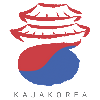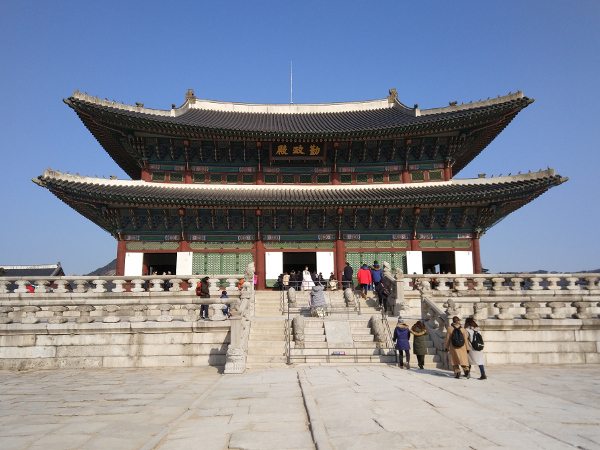Korean Lessons ᚛ Level 3 - Korean for Beginners #2 (Lessons 61 to 90) ᚛ Lesson 75 - Future and supposition in Korean [-겠다]
Future and supposition in Korean [-겠다]
Use of -겠다
In Korean, the -겠다 structure is a form that is commonly used in the two following cases:
- To express a supposition
- To express the intention of acting in the future
The -겠다 structure attaches itself to the verb in the following manner:
[Stem]겠다
This new word with -겠다 that was just obtained can only be conjugated with present-tense endings, that is -겠어 in the casual style, -겠어요 in the polite style, and -겠습니다 in the formal style.
Express a supposition
The verbal form with -겠다 is especially useful for expressing supposition, just like the conditional in English or expressions such as "I think that …", "I suppose that …", "I bet that …", etc.
비가 와서 바닥이 미끄럽겠어요.
→ Because it rained, the ground must be slippery.
철수는 엄마한테 혼나서 속상하겠어.
→ Because Cheolsu argued with Mom, he must be sad.
비가 많이 와서 집이 습하겠어요.
→ Because it rained a lot, the house must be humid.
날씨가 좋아서 빨래가 금방 마르겠어.
→ Because it's nice weather, the laundry will (probably) dry quickly.
아기는 널 닮아서 똑똑하겠어.
→ This baby looks like you, he's going to be smart.
Express intention
The -겠다 structure is also used to express the intention to perform an action in the future, in a manner similar to the structure with -(으)ㄹ게(요), which was seen in a previous chapter. This form is used especially in formal contexts, but it can also be used in casual and polite scenarios.
이메일 답장하겠습니다.
→ I am going to respond to your email.
준비하고 그 곳으로 출발하겠습니다.
→ I am going to get ready and leave for this place.
곧 전화 드리겠습니다.
→ I will call you soon.
꼭 살을 빼겠어.
→ I am going to lose weight for sure.
다음 시험에 꼭 통과하겠어요.
→ I am going to pass my next exam at any cost.
Learn more
The -겠다 structure and the neutral style
Learn more
Combining structures
Learn more
Summary table of structure
Learn more
Exercises
Learn more
Traveling to South Korea can be an unforgettable experience. But when you don’t speak Korean, everything gets more complicated: ordering in a restaurant or café becomes stressful, you can’t understand signs or directions, asking for help in case of trouble is nearly impossible, and most importantly, you miss out on the very essence of a successful trip to Korea: connecting with the locals.
Since English - Korean machine translators can’t always be trusted (the two languages work in completely different ways), it’s essential to prepare yourself in advance to fully enjoy your trip to South Korea!
Learn more

